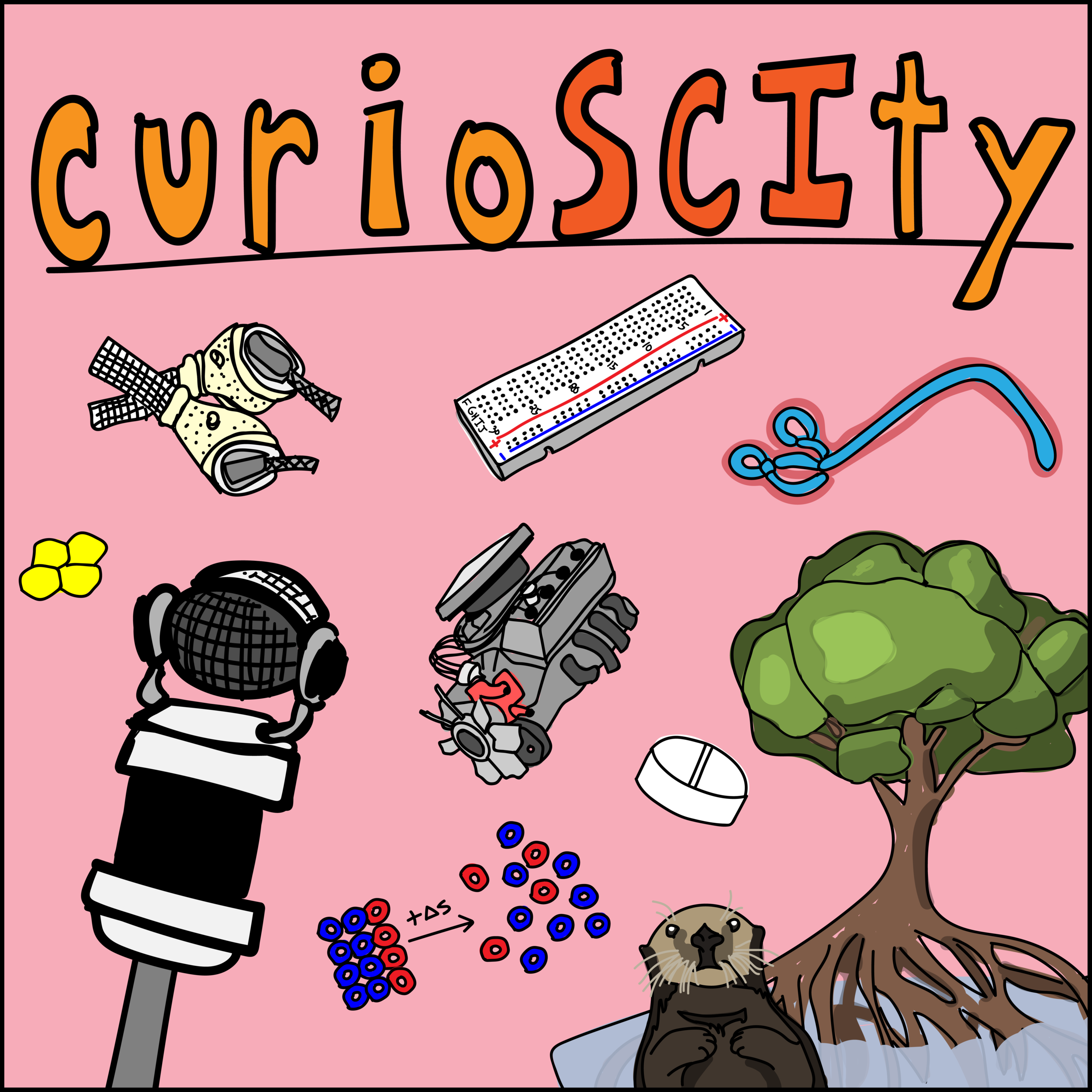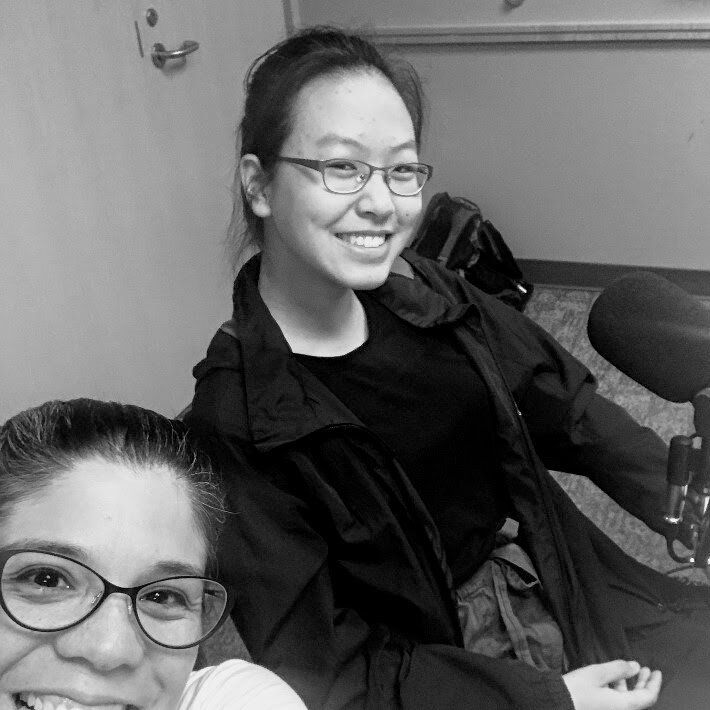40 - iGEM I (w/ East Chapel Hill!)
40. iGEM I
Science accessibility has gotten better and better over the last few decades, and standardizing the tools to be able to do it has been a huge part. Today, we will discuss how a high school in the Chapel Hill area got started in the scientific field of synthetic biology, and how you could do it next. Let’s learn to be scientifically conversational.
General Learning Concepts
1) What is iGEM?
a. What is iGEM? iGEM stands for International Genetic Engineer Machine, began in 2003 at Massachusetts Institute of Technology (MIT). It is an independent, non-profit organization dedicated to education and competition, the advancement of synthetic biology, and the development of an open community and collaboration.
b. How was iGEM founded? iGEM began in January 2003 as an independent study course at the Massachusetts Institute of Technology (MIT) where students developed biological devices to make cells blink. This course became a summer competition with 5 teams in 2004 and continued to grow to 13 teams in 2005; it has now expanded to 310 teams in 2017, reaching more than 40 countries. The competition was originally aimed at college students but it has grown to include over-graduate and high school students.
c. How many iGEM chapters are there? From iGEM 2018, there were 340 teams with 5,790 participants from 42 countries.
d. What is synthetic biology? National Human Genome Research Institute: “Synthetic biology is a field of science that involves redesigning organisms for useful purposes by engineering them to have new abilities. Synthetic biology researchers and companies around the world are harnessing the power of nature to solve problems in medicine, manufacturing and agriculture.”
Gross, Cell, 2011: “Now that biologists have a large number of building blocks of life at their disposal, they can start putting them back together, either to understand the higher-order functions (an endeavor known as systems biology) or to create variations of the existing life forms with new or improved functions, which we now call synthetic biology.”
2) Questions for Chapel Hill East HS team:
a. How did your chapter begin?
b. What is the importance of having the team?
c. What is the most rewarding part? What is the most challenging?
d. Do you think that this experience will be helpful for applying to college?
e. What is required for a high school to start an iGEM team?
f. What are the benefits for colleges who have teams? Would you consider working as a part of an iGEM team beyond high school?


